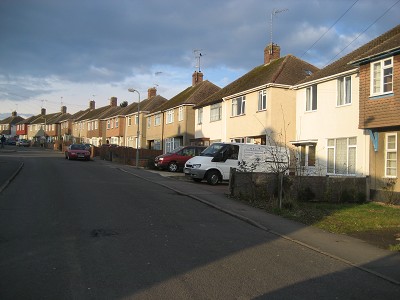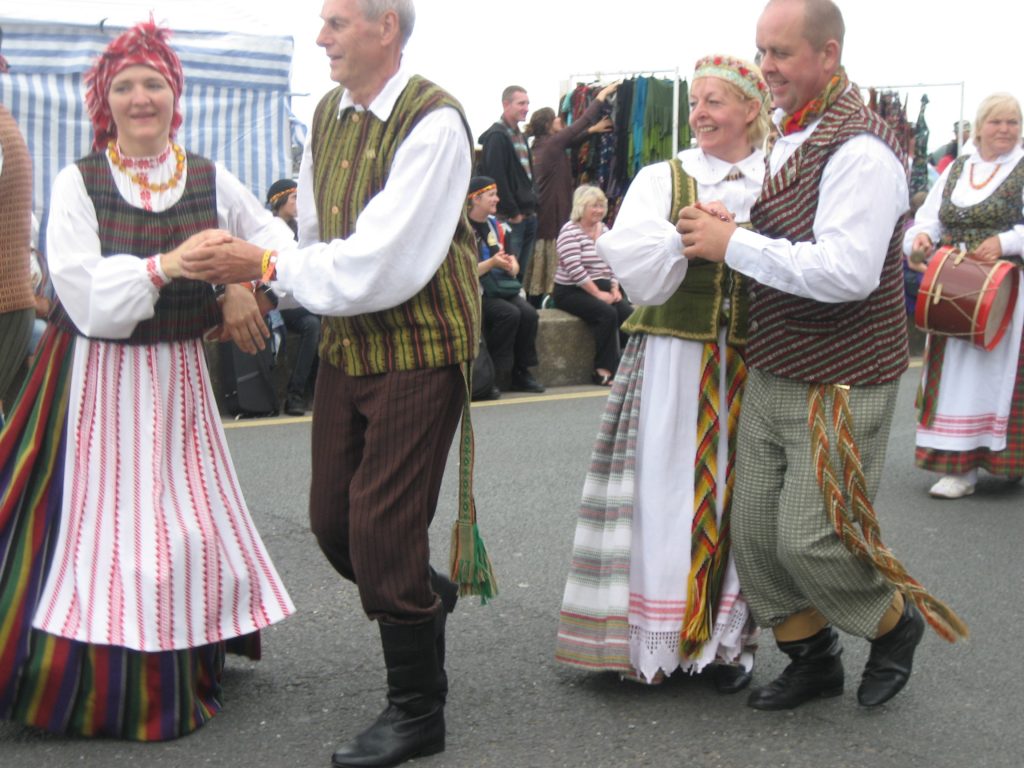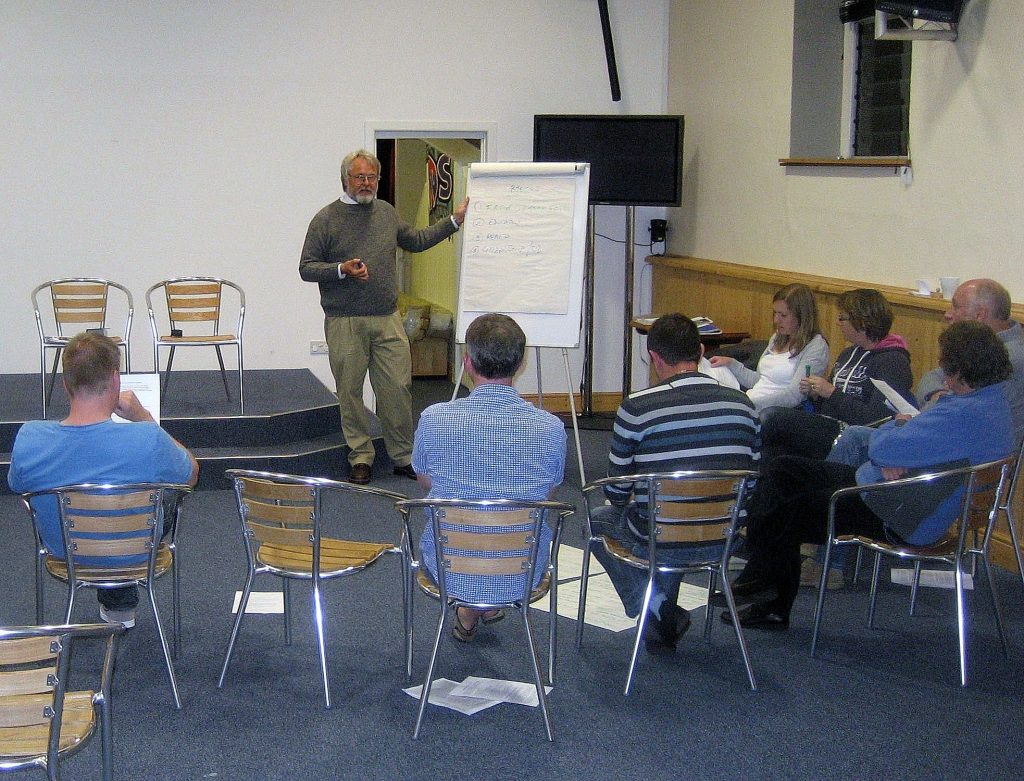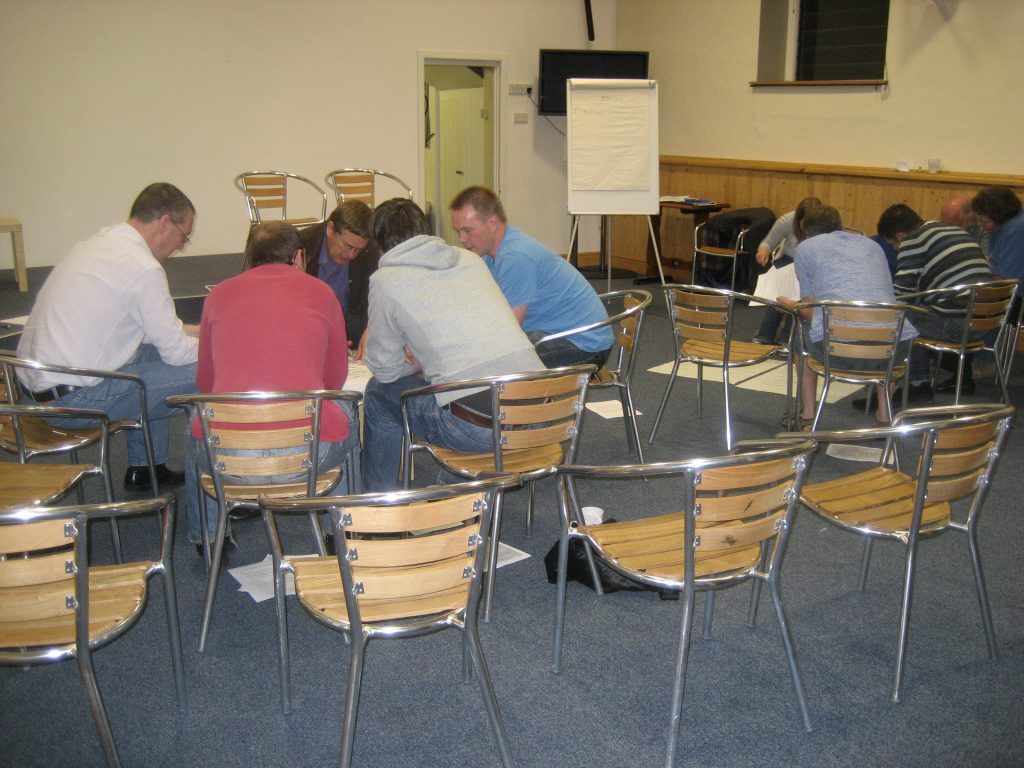Community Development
“Community” of course is a broad term, and includes “communities of place” (residents of a local area) and “communities of interest (people who have things in common, like sport and other cultural activities, but don’t necessarily live in the same street).


Past experience from almost every UK area-based initiative shows that unless local people are personally involved in any local changes, there is a strong danger that said changes will not be sustainable in the long term.
“Community development” implies someone coming in from the outside, but while working with local councils and agencies is important, “experts on tap, not on top” is also vital.

It can take time for a community development worker to develop a rapport with local communities, but local voluntary sector organisations are well placed to help. The website of the National Council for Voluntary Organisations is one good place to start the search for local advice:
Local residents and communities can of course set up their own initiatives, and there is a new organisation that can help, formed from the merger of the Development Trusts Association (of which I was one of many founding members in 1992/3) and the British Association of Settlements and Social Action Centres (BASSAC):
Common phrases in use by voluntary and community organisations have been “empowerment” to enable people to make local changes, or “giving people a voice” in such changes if the communities in question are not well represented already. For community development workers, part of this approach can be procedural:
- Identify the different groups in your community
- Visit them as the community development worker or local individual to make your face known and to understand their concerns and aspirations
- Discuss whether there is common ground with other groups, or only issues particular to the one community
- Decide whether the community want their own “voice” or whether they should join forces with others for greater impact
- Set up with them a properly constituted and democratic basis for this voice or voices, either as part of an existing power base or group or separately, but preferably involving some people in the process who have already some contacts and experience
- Jointly debate and agree what the “voice” is going to say, and how to say it to whom – newspapers have their own agenda, but harness the power of the media where you can
Community development workers can support early steps with publicity, minute-taking etc., but this should always be with the objective of people running their own show in the future.
